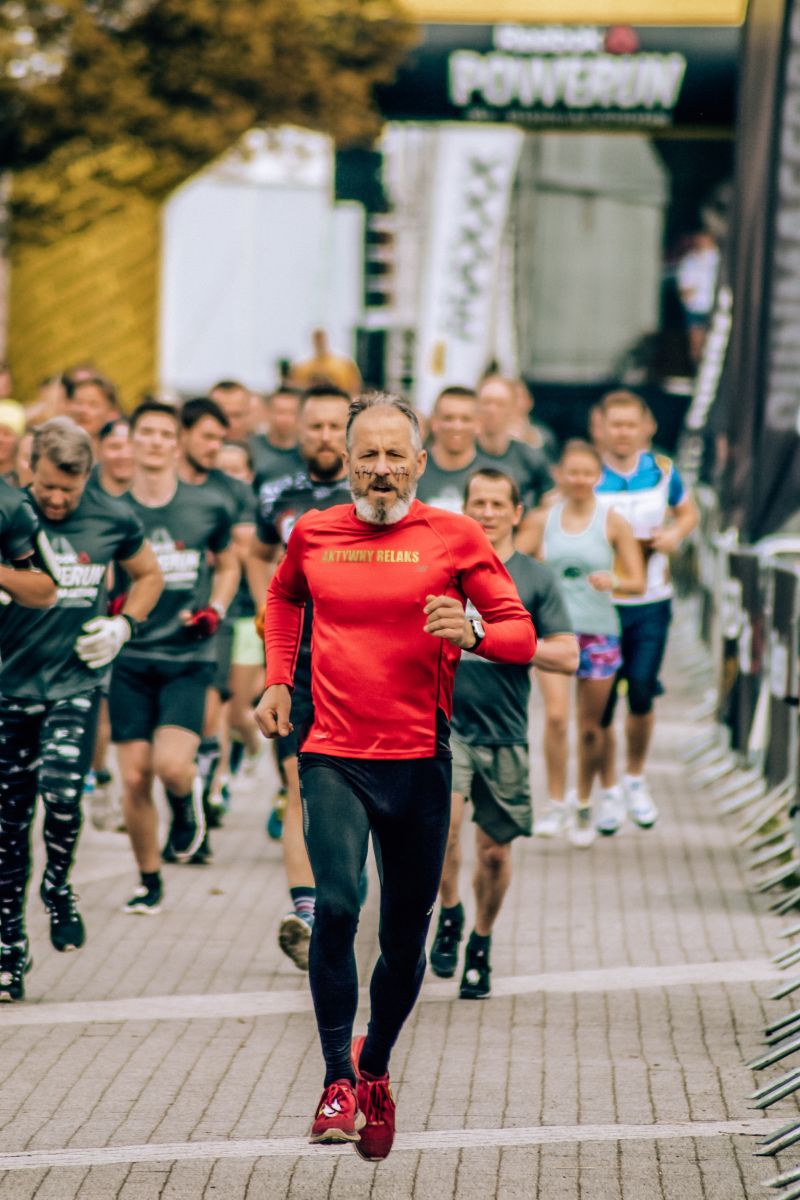Training for the Sun Run? How to prevent injuries!
Written by Stacey Benmore – Physiotherapist, Vestibular & Concussion Rehabilitation
The Sun Run is right around the corner…hopefully our spring temperatures arrive with it or just before! Whether this is the first time you are running a 10k or if you are racing to win, here are some tips on how to stay healthy and prevent injuries during your training:
1. Warming up and cooling down: Do not underestimate the benefits of these! A dynamic warm up (fluid, large movements involving multiple muscle groups – heel kicks, skipping, arm circles) helps to get blood flowing to muscles, prepares your brain for exercise, and gently starts to elevate your heart rate. A cool down involving walking at the end of your run, and stretching tight muscles helps your heart rate return to pre-exercise levels, and can help prevent delayed onset muscle soreness that can appear 24-48 hours following an exercise session.
2. Follow a program: This is particularly important for first time or novice runners. 10km may not seem like a long distance but it should not be underestimated! Training programs are designed help to guide you as you increase distance and train your body (both heart and muscles) to work at a higher level over increasing amounts of time. They also allow time for the body to recover without overtraining which helps to keep you healthy.
3. Cross training: I can’t agree with this tip enough! Cross training means doing a different activity on a non-running day. The activity could vary: a yoga or pilates class, a session of strength training at the gym, perhaps an alternate form of cardio exercise like swimming or cycling, the possibilities are endless. The benefits to cross training are many: it helps to avoid overloading muscles/joints with the same activity, encourages flexibility/strength of the muscles/joints in a different axes/planes of movement, keeps exercise interesting for you, and allows some parts of your body to rest while others are getting exercise.
4. Hydrate/ensure adequate nutrition: This one is pretty basic: training for the Sun Run might be more physical demand being placed on your body than pre-training levels. Increasing or adjusting hydration/nutrition appropriately helps to support the increased physical demand on muscles, joints and heart as you train.
5. Pay attention to your body: Monitor your body as you are training. Little aches and pains or sore muscles here and there are not unusual, especially if you are new to an activity or increasing the physical demand on your body. If you have an issue that is not getting better with some stretching/cross training or short break from running, get it checked out by a physiotherapist! Like most things in life, the sooner you deal with an issue the better/quicker it can be resolved! A physiotherapy assessment will help to determine what the nature of the injury is and the best treatment to recover well without disrupting your training too much.



